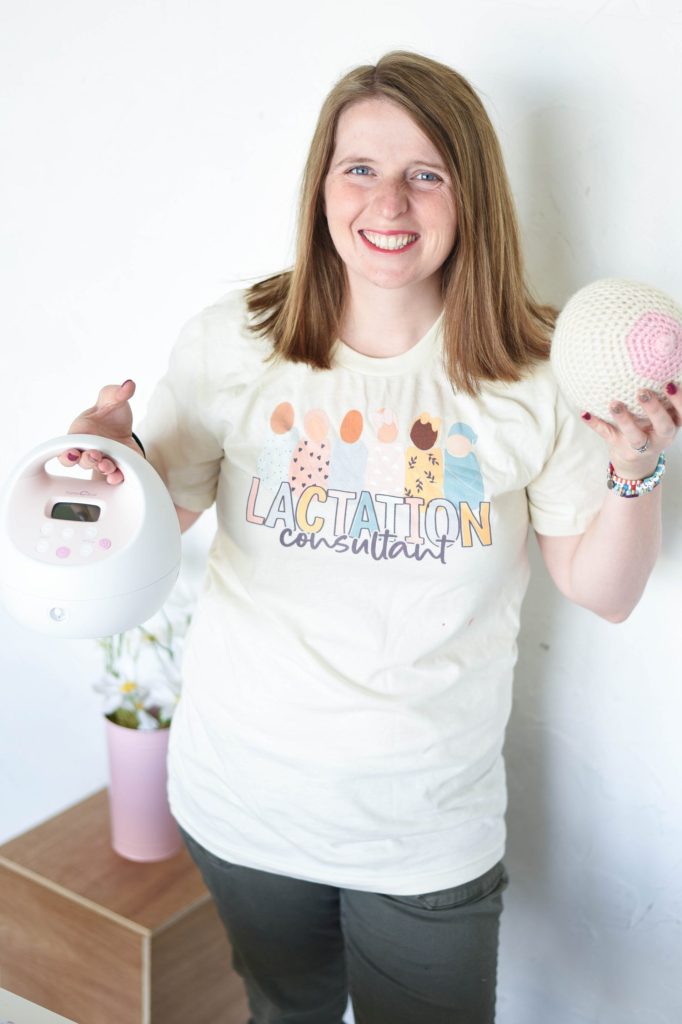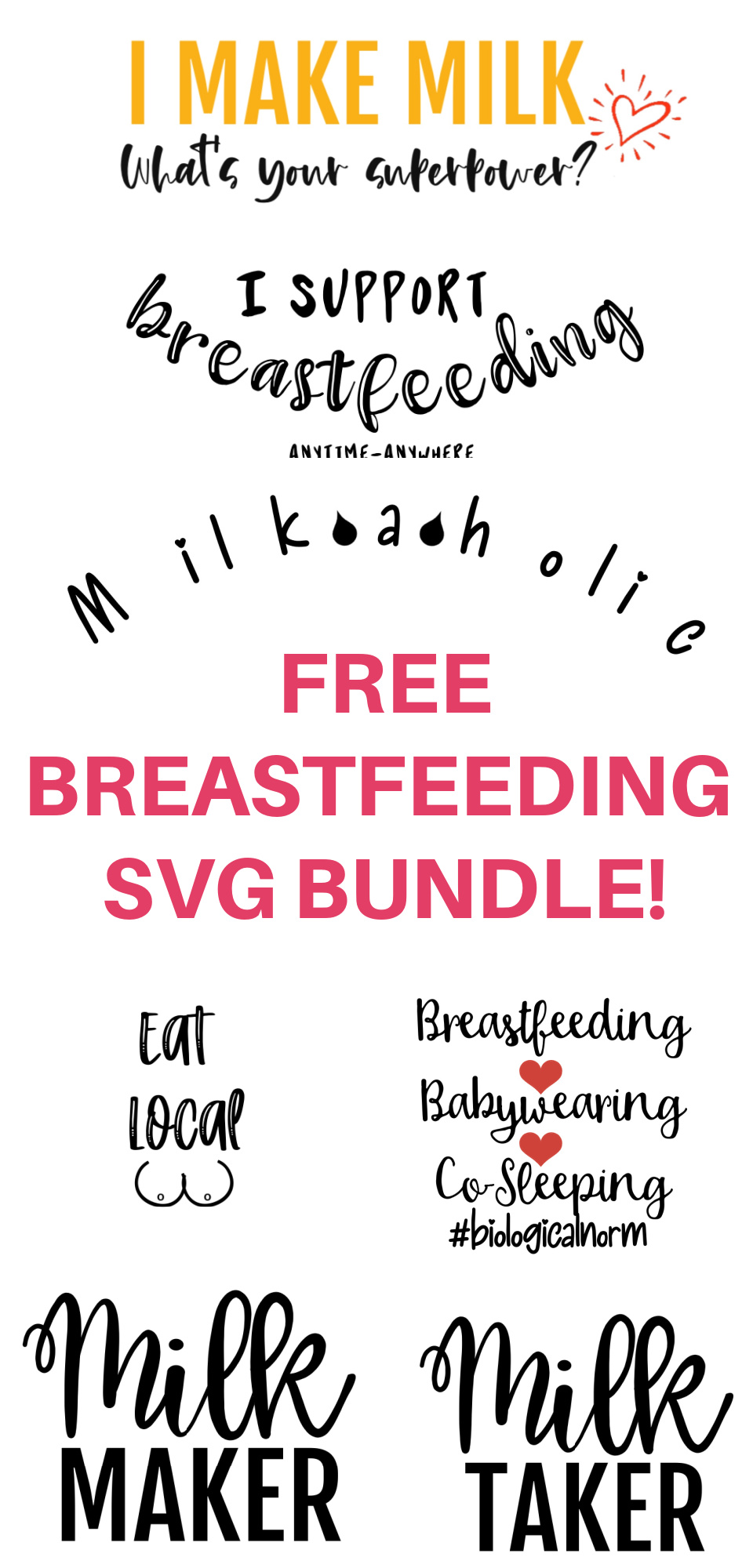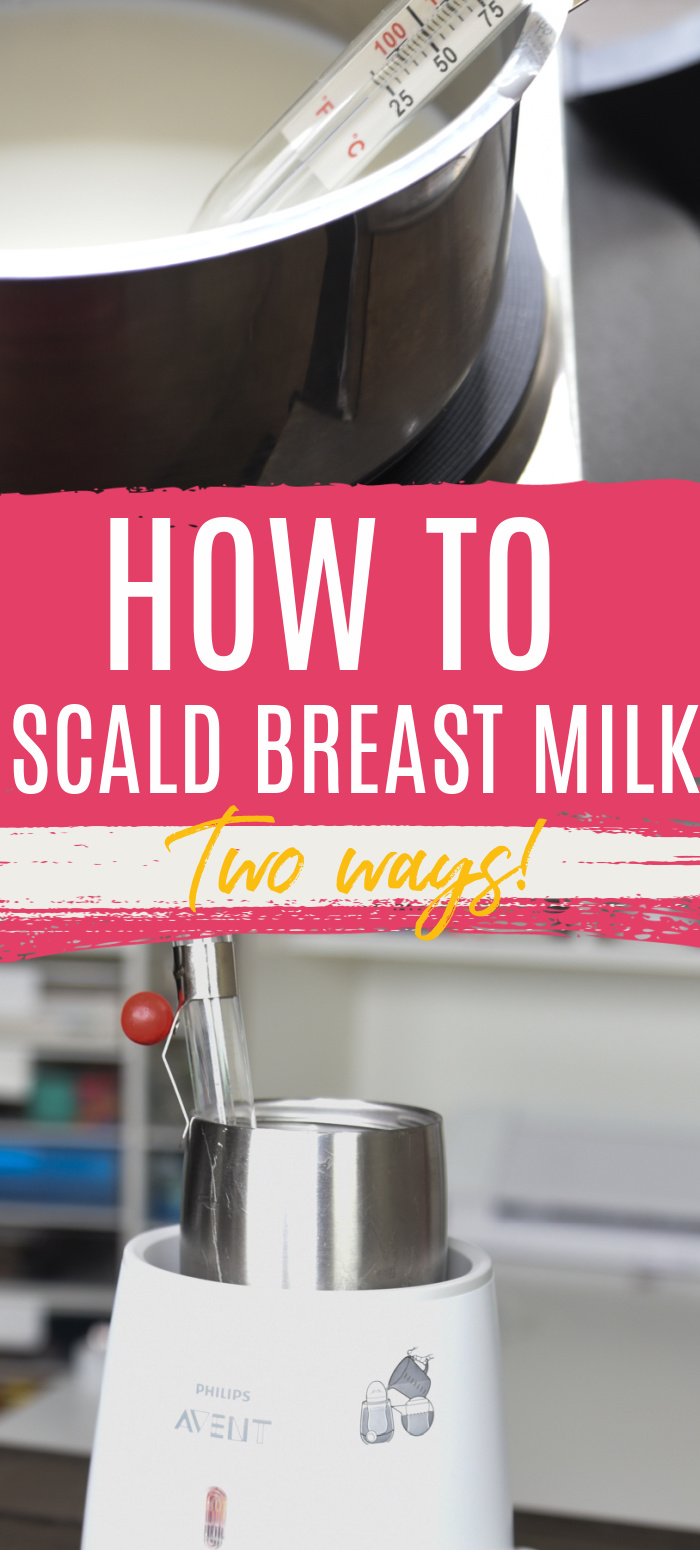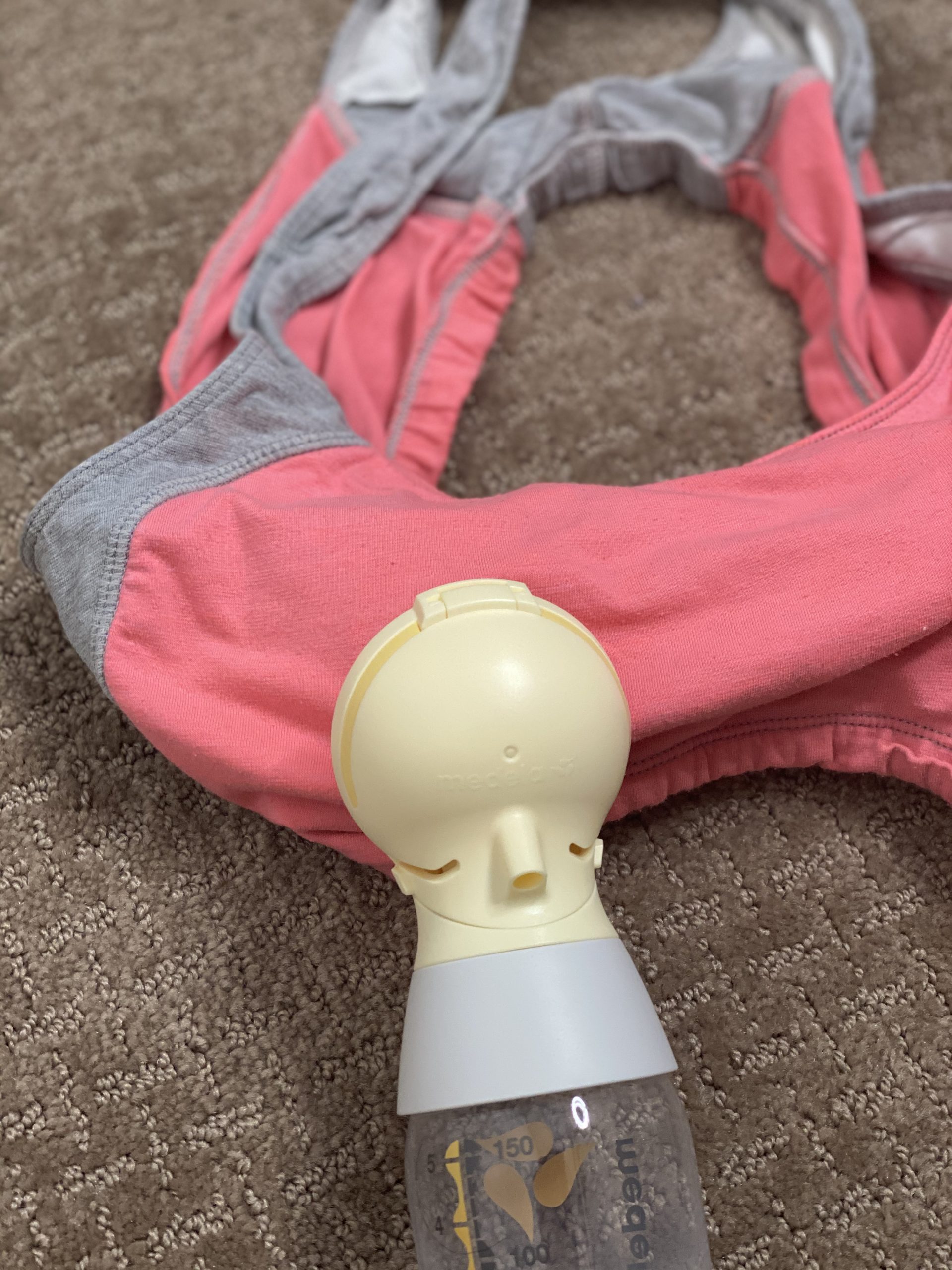Post-weaning depression is a reality for many mothers, but it’s a topic that is rarely talked about. Learn more about this condition and how to get help.

There are many emotions a mother goes through during pregnancy, postpartum, and beyond.
While there is, thankfully, more and more attention being brought to postpartum depression, there is one phenomomen that I am finding more and more mothers opening up about and wondering if it’s normal.
Depression or mood swings associated with weaning.
Post-weaning depression can happen when you least expect it. It usually begins with sadness and being a little more irritable than normal. Most women think that this is totally normal and it will go away in a few days or weeks.
While this is true for some it is not always the case for many moms who have recently weaned their babies. If you find yourself in a slump feeling anxious, sadness, and irritable you might be suffering from post-weaning depression.
This is a breastfeeding problem that happens to more mothers than we probably know about, but it’s time that we talk about it. Because there’s nothing worse than feeling like you are totally alone in your struggles – when in reality, there are many other moms out there suffering just like you.
What is Post-Weaning Depression?

Post-Weaning Depression happens during the weaning process which causes hormonal fluctuations.
When breastfeeding your body releases oxytocin which is the hormone that allows the letdown and causes milk to flow from your breast to your baby when suckling.
As you start to wean your levels of oxytocin and other hormones start to decline in your brain which causes an imbalance and a sudden increase in feelings that are not normal. This then causes post-weaning depression.
For some women, it only lasts a couple of days, but for others, it will last much longer.
Some women may also experience post-weaning depression if they had to stop breastfeeding sooner than they anticipated. These feelings might come from sadness or guilt for not meeting their breastfeeding goals.
Post-Weaning Depression Symptoms
When you start or have gone through the weaning process you may feel the following symptoms which may mean you have Post-Weaning Depression. These post-weaning depression symptoms include:
- Decreased interest in your family and/or baby
- Mood swings
- Grief
- No longer have an interest in activities you love
- Sadness that stays
- Feelings of worrying (Anxiety)
- Exhaustion and Fatigue
- Thoughts of inflicting harm on yourself or others
Causes of Post-Weaning Depression

There is not just one thing that causes post-weaning depression. It is your brain combines with emotional triggers. While some women might not realize they have post-weaning depression others will recognize it right away. Understanding the causes of post-weaning depression allows us to fully understand that this is a normal thing and not something that is wrong with us.
Hormones
While breastfeeding you are on a feel-good high. We can thank the prolactin and oxytocin for this. But after weaning your baby, especially doing it quickly can cause these hormones to drop drastically. This causes your hormones to go haywire leaving you wondering what the heck happened.
Abrupt Weaning
I find that weaning depression occurs most often with abrupt nursing. When a mom is able to slowly wean her baby, it allows her hormones to adjust a little more easily.
Period
Have you gotten your period yet after delivery? If you haven’t you can almost guarantee that it is on its way. Your body will start to go through changes as it adjusts to your cycle. This will bring on mood swings that might be a little bit more intense causing you to really struggle emotionally.
Who am I anymore?
Are you looking at yourself in the mirror wondering who you even are anymore? This is so normal! Think about it. In the last couple of years, you have gone through 9 months of pregnancy, delivered a beautiful baby, breastfed your baby, and now you are left realizing this beautiful baby doesn’t need you as much as they always have anymore.
How does this not make any mom super emotional?
This feeling is totally normal. Just remember your baby still needs you just as much and there are so many other wonderful ways to bond with one another.
Guilt
Why does guilt play such a role in our lives?
An experience from another mother, “I remember with one of my babies Ii was so in love with nursing him, but he cried and screamed most of the time. I soon realized that my body was not producing enough milk for him. I tried everything to increase my milk supply and nothing worked. I was given no other choice, but to wean him.
I was sad and emotional and I felt so guilty. There were so many days where I felt like him having to wean was all my fault. But here is the thing, I had nothing to be guilty about. I was doing what was best for my son. I was giving him the nutrition his body needed in another way. I let my own guilt get to me. “
How to Prevent Post-weaning Depression

There is no way to tell really prevent post-weaning depression. Even if you choose when to wean and how to wean it is normal to experience the feelings of sadness as you no longer have that special bonding time with your baby.
With that being said, there are ways that can help prevent it from coming out of nowhere.
Ways to help prevent Post-weaning depression
Wean Gradually
Weaning gradually allows your body to regulate your hormones over a period of a few weeks versus suddenly stopping or over a few days. I suggest dropping a feeding once every few days until you have completely stopped nursing.
Here are some other great tips on weaning that you might want to read about.
Wean on your own schedule
When to wean your baby from the breast is completely your decision. Do you feel pressure from friends, family members, or even your healthcare provider when you should wean? You are the only one who knows when it is time to stop breastfeeding. When you are in control you are able to wean with fewer symptoms of post-weaning depression.
Talk to someone about your feelings
Pick up your phone and call your best friend or even continue to be a part of your breastfeeding support group if you attended one! Talking to someone about how you feel is a great way to feel better and also help you feel like you are not alone.
How Long Does Post-Weaning Depression Last?
Experiencing feelings of post-weaning depression should only last a month. You should start to notice a gradual shift in your mood over time. As the weeks pass you should start to feel like yourself again. This is because your hormones are starting to stabilize.
If you have intense feelings of depression and moodiness that do not go away or worsen do not hesitate to reach out to your healthcare provider. There is nothing wrong with seeking help and you should not feel bad asking for help.
Post-Weaning Depression Treatment
As a mom, we feel like we always have to be supermoms, doing everything for everyone else and leaving us with the leftovers.
There are many ways you can try to ease the feelings of sadness and mood swings. Start by eating three well-balanced meals a day and getting as much rest as possible. When your baby goes to bed you should too. Be sure to go on walks or even take up running.
Be sure you schedule in some extra baby cuddles. Weaning doesn’t mean it is time to end that one on one time with your baby. Getting in those extra baby cuddles can help increase your mood and take away the feelings of sadness you may have due to ending your breastfeeding journey.
If these activities don’t work or your mood worsens it is time to consult your doctor for help.
Why does post-weaning depression go undiagnosed
Many women do not talk about their feelings or admit that they feel upset, sad, or overwhelmed. That is the biggest reason why post-weaning depression goes undiagnosed.
Post-weaning depression is not something you should go through alone. Post-weaning depression doesn’t mean that something is wrong with you either. Your body is going through some intense changes all at once. It is totally normal to feel the way you feel. The more we talk about it and the more we share our feelings with others on it the more help that will become available over time.
Share your experiences you have had with weaning your baby. Did you suffer from post-weaning depression?
Other Posts You May Enjoy:
- Two Simple Ways to Scald Breast Milk to Fix High Lipase
- Is Your Breastfeeding Baby Biting? Here’s What You Should Do.
- 27 Common Breastfeeding Questions – and Answers!
- How to Wean from Breastfeeding: Everything You Need to Know








